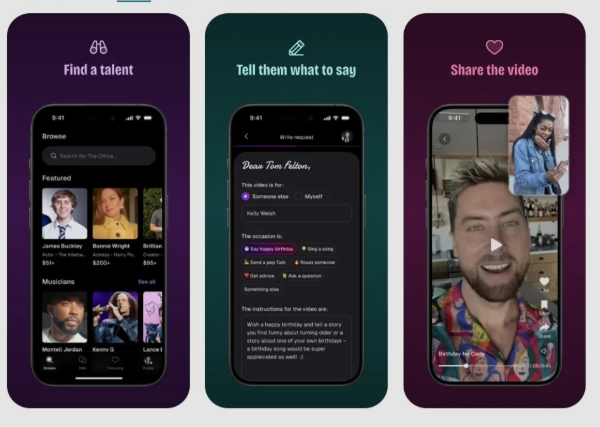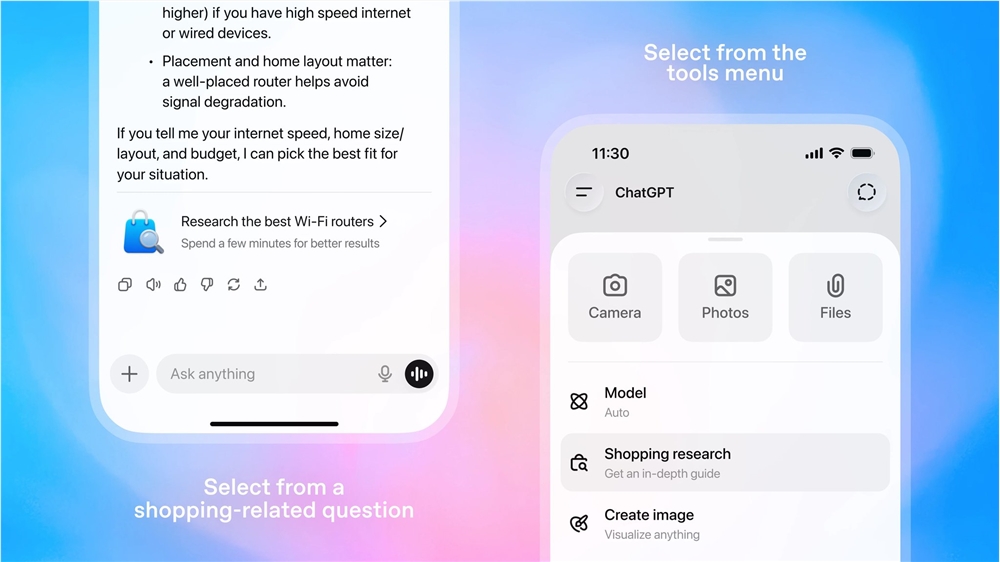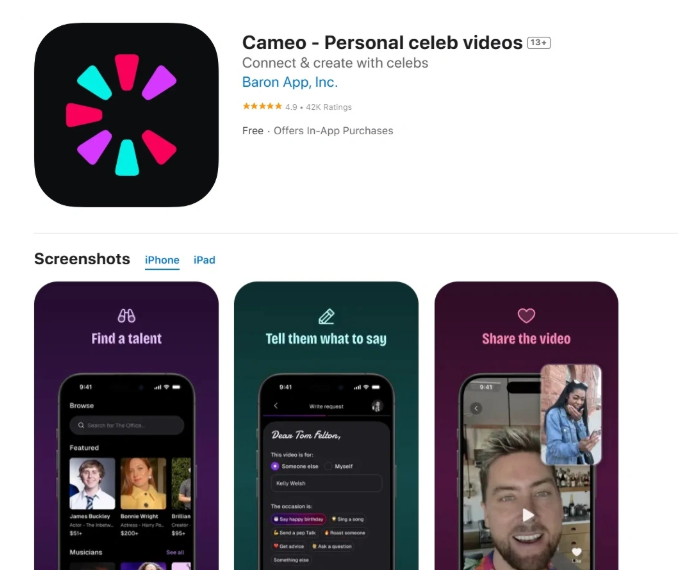OpenAI has recently launched a new feature called "Shopping Research" (Shopping Research) for all logged-in users. This feature transforms ChatGPT into an autonomous shopping agent, capable of performing personalized product searches and recommendations using the user's historical conversation memory, significantly enhancing the depth and accuracy of searches.
This feature is now available to users on the Free, Go, Plus, and Pro plans, and will be largely unrestricted during the holiday shopping season.
Deep Decision-Making: From Search to Autonomous Agent
The "Shopping Research" tool is designed to help users make "deeper decisions." Unlike traditional search engines, this system functions more like an autonomous agent. It proactively asks questions (such as budget or preferences), browses the internet for the latest information, and converts the results into visual shopping guides with an overview of pros and cons.
The tool can handle complex requests, such as "finding the quietest wireless vacuum cleaner for a small apartment" or comparing multiple bicycles. The interface includes quick feedback buttons like "Not Interested" or "More Similar Products," allowing users to adjust search results in real time.
Core Controversy: Memory and Personalized Advertising
The most notable aspect is that this intelligent assistant deeply utilizes ChatGPT's memory function. If past conversations show someone is passionate about video games, it will take this preference into account when searching for laptops, delivering unprecedented personalized recommendations.
This aligns with previous reports from The Information, which stated that OpenAI has been exploring the use of ChatGPT's memory for personalized ad targeting. It is reported that about 20% of the company's employees come from Meta, which has driven a shift in company culture toward a more aggressive growth model.
However, this has raised concerns about OpenAI's business model. CEO Sam Altman has publicly warned about this "dystopian scenario" and said, "I really appreciate our simple business model. I like it. I know I'm not the product—I'm the paying user, which is how this business model works."
As the new assistant uses personal memory data for purchase recommendations, OpenAI may face pressure to monetize user data for targeted advertising or earn commissions to justify its high valuation.
Outstanding Performance: Proprietary Model Accuracy Reaches 64%
The "Shopping Research" feature runs on a mini model trained based on GPT-5-Thinking-mini and utilizes deep research capabilities. This model is specifically trained for shopping tasks through reinforcement learning, focusing on reading reliable sources and synthesizing information.
In OpenAI's internal product accuracy evaluation, this dedicated model achieved an accuracy rate of 64%, far exceeding standard models:
| Model Product | Accuracy |
| Shopping Research | 64% |
| GPT-5-Think | 56% |
| ChatGPT Search | 37% |
OpenAI reminds users that despite using a dedicated architecture, errors may still occur, such as inaccurate prices or inventory information.
For ChatGPT Pro subscribers, this feature is integrated into "Pulse," enabling it to proactively push shopping guides (such as recommendations for electric bike accessories) based on previous conversations, preparing for more precise ad targeting channels.
Currently, ChatGPT does not support completing purchases directly, and users still need to jump to the retailer's page. OpenAI states that the search results are naturally generated from public data, and chat history is not shared with retailers.









